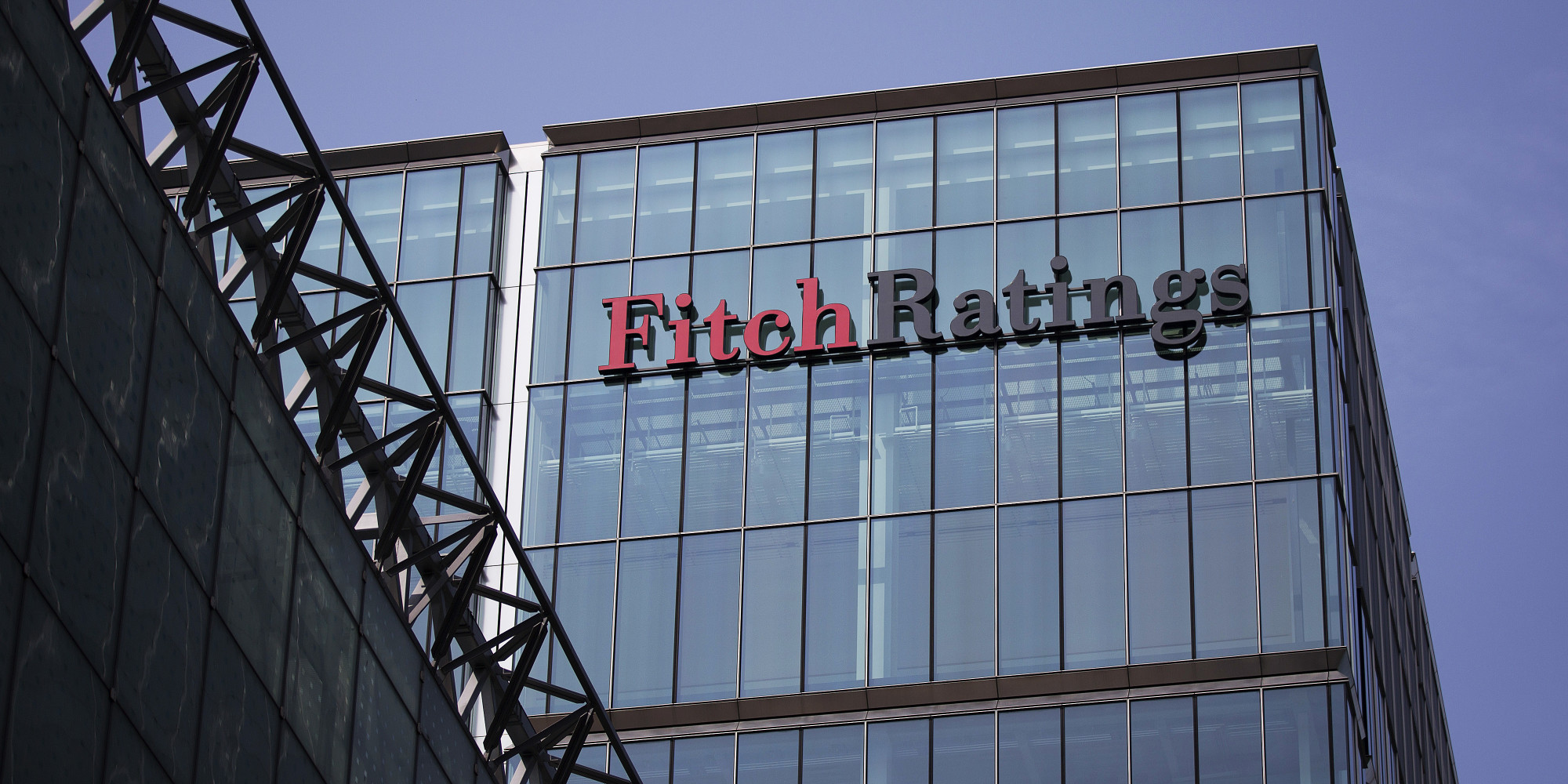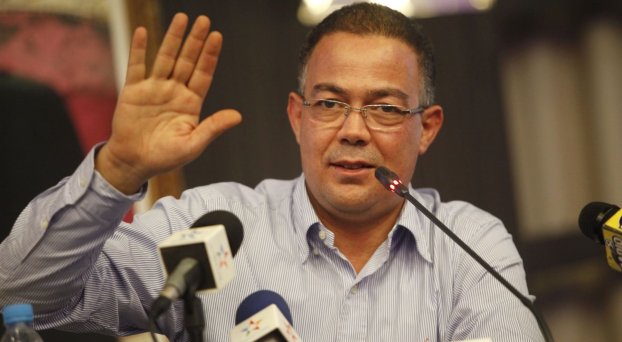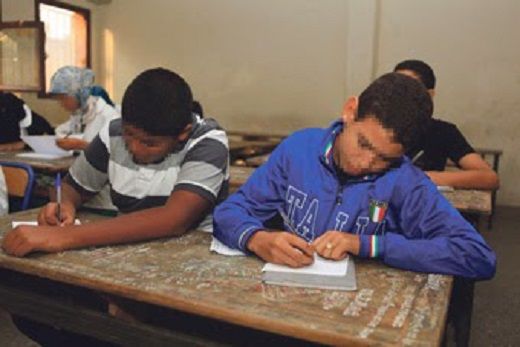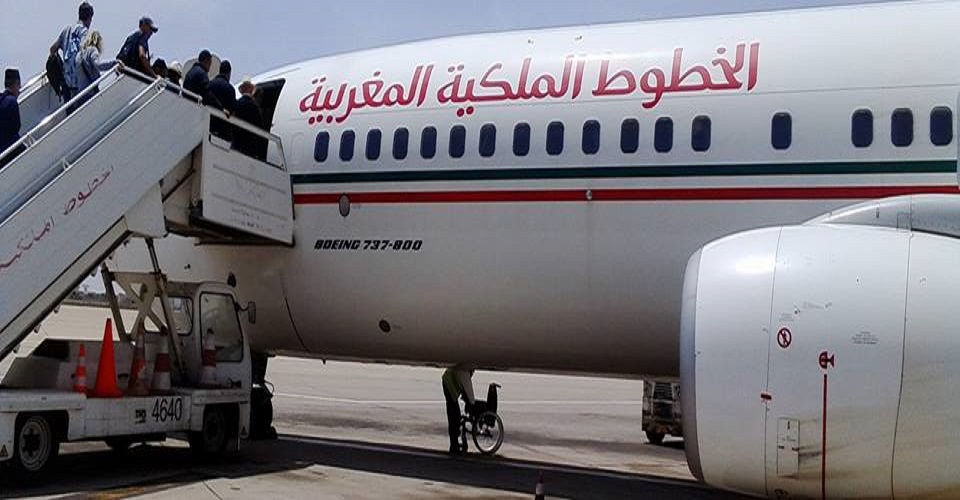
Rabat, Morocco (TMT)- Fitch’s group BMI Research said in a statement that this year, the “Moroccan government will maintain its fiscal consolidation efforts, which will in turn result in a gradual reduction of public debt levels.”
The leading credit rating agency office stressed that an uptick of economic activity in 2017 will be witnessed, one which will have “a positive impact on government revenues, especially given that the government draws close to 80% of its revenues from direct and indirect taxes,” further noting that “continued efforts to contain the public sector wage bill and to reform the subsidy regime will limit current spending over the coming years,” which leads the agency to “forecast the budget deficit to decline to 3.4% of GDP in 2017, down from an estimated 3.9% in 2016.”
Government Debt To Peak In 2017
BMI said that in recent years, “the Moroccan government has stepped up efforts to put public finances on a more sustainable footing, as reflected by efforts to widen the tax base and ongoing reforms of the subsidy regime” highlighting the fact that “a new government has yet to be formed following the October 2016 legislative elections, which continues to delay the adoption of the 2017 budget, which was drafted by the previous Justice and Development Party (PJD) government.”
“The PJD came in first in the last election and although it does not have an outright majority and the delay to form a coalition government is unprecedented in Morocco,” the research institute said, though stressing that it “still expect continuity” in improving fiscal position.
CAPEX Expansion Despite Reduced Government Footprint
“On the spending front, while the government will maintain its efforts to contain the public sector wage bill and to rationalise expenditures,” Fitch’s group BMI Research expects “current spending to return to growth from 2017, which will limit the pace of deficit reduction. First, further gains on subsidy cuts will be limited and politically sensitive. Government subsidies declined from 6.5% of GDP in 2012 to an estimated 1.0% in 2016 amid cuts in energy subsidies. Further gains will require cuts in food and butane gas subsidies, which will be smaller in size and be politically sensitive as they would disproportionately hit low-income households . Second, the regional security turmoil affecting the Middle East and North Africa (MENA) region will encourage the government to increase the budget dedicated to the Interior and Defence Ministers, in order to preserve its regional safe-haven status. Meanwhile, we forecast capital expenditures to increase as a share of GDP in a bid to support investment in the country, focusing on the construction and energy sectors.”
Reliant On External Aid; Limited Debt Issuance Ahead
Fitch’s group BMI Research says that “in order to finance its deficits, the Moroccan government will continue to rely on foreign assistance. Following the Arab Spring that shook the MENA region in 2011, Gulf countries increased foreign assistance to monarchies in the region, as an attempt to limit contagion. Since then, grants from the Gulf have been hit by the slump in oil prices since H214, but assistance from international organisations has helped pick up the slack. In July 2016, the Moroccan government signed a two-year EUR3.2bn arrangement with the IMF under the Precautionary and Liquidity Line (PLL) framework, allowing Morocco to access up to EUR1.6bn of IMF funds if needed. Debt issuance will remain modest, with Morocco’s last eurobond sale going back to 2014.”





